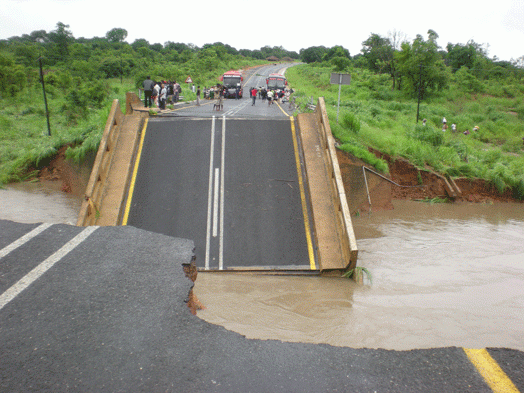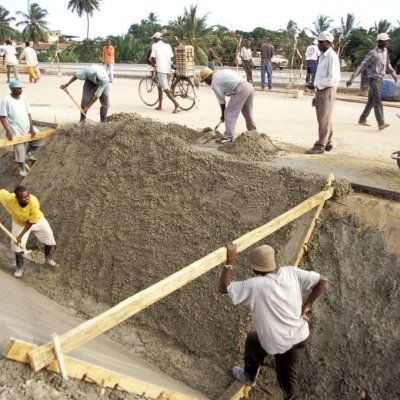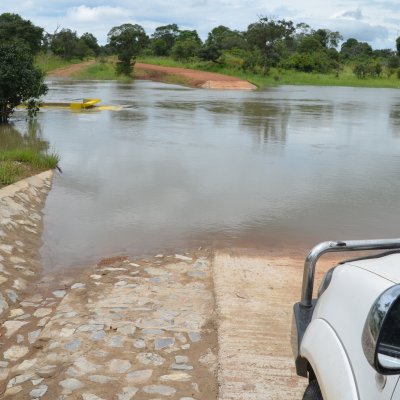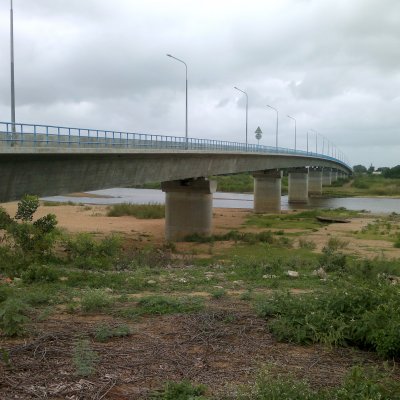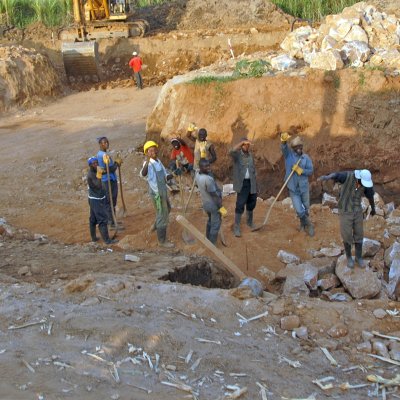Enhancing maintenance of existing roads is vital priority for African countries
Release of new report co-financed by he Nordic Development Fund (NDF) on the implications of climate change on transport infrastructure in Sub-Saharan Africa
Roads are a key asset for Africa. They connect villages to economic centres, people to hospitals, children to schools and goods to markets facilitating trade. A new World Bank report: Enhancing the Climate Resilience of Africa’s Infrastructure: The Roads and Bridge Sector presented at COP22 in Marrakech examines the implications of climate change for Africa’s road connectivity, and practical steps that can be taken now to minimise the associated risks. The scope of the report includes 2.8 million km of roads throughout Sub-Saharan Africa, with a special focus on new road construction outlined in the Programme for Infrastructure Development in Africa (PIDA), an African Union-facilitated initiative to enhance trans-boundary connectivity through the continent.
All climate change scenarios predict that climate change will have important implications for Sub-Saharan Africa by an increase in overall temperatures, changes in rainfall patterns, increasing rainfall variability and rising sea levels. The report shows what kind of impacts climate change could have on transport infrastructure across the continent and the kind of responses, including cost implications that are available for individual countries. To improve its road network, Africa will need to boost the financial, technical, and institutional capacity of the road sector through adequate road maintenance which is the most critical and efficient way of reducing the impact of a changing climate on the road system, the report further said.
NDF has co-financed the report, which is an outcome of the project: Addressing the Vulnerability of Africa’s Infrastructure. NDF actively supports climate change adaptation in the transport sector in several countries in Africa including Mozambique, Rwanda and Zambia.
More information:
World Bank: Enhancing the Climate Resilience of Africa’s Infrastructure: The Roads and Bridge Sector

